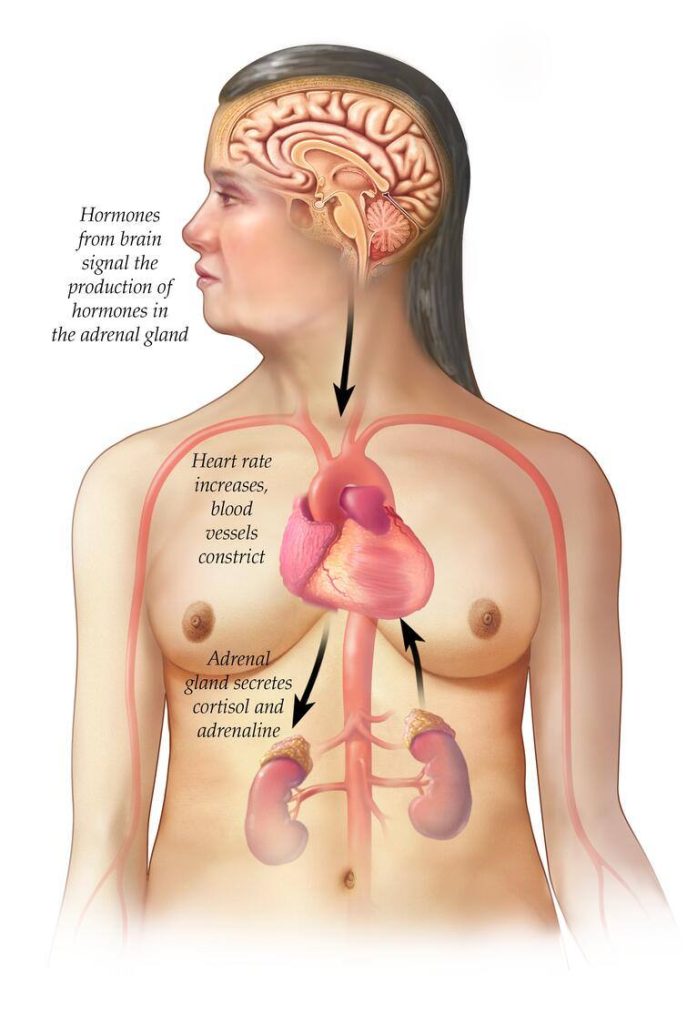-
Health & Wellness
Mayo Clinic Minute: How stress affects your body
It's the time of year when expectations are often high and, for some, so are stress levels. Stress can affect your body, mind and behavior. Recognizing symptoms can help you manage your stress and prevent health issues like high blood pressure, heart disease, stroke, obesity and diabetes.
Dr. Summer Allen, a Mayo Clinic family medicine physician, explains how stress affects your body, and she offers tips to manage it.
Journalists: Broadcast-quality video (1:05) is in the downloads at the end of this post. Please courtesy: "Mayo Clinic News Network." Read the script.
"Stress can activate your body's 'fight-or-flight response,'" says Dr. Allen.
When your brain senses a threat, it signals your body to release hormones like adrenaline and cortisol. These hormones can make your heart race, raise your blood pressure and boost energy.

"Physically, this can lead to headaches. For people, this can lead to poor sleep. It can affect someone's ability to concentrate," she explains.
Managing stress depends on each person's individual needs.
"Stress is often going to be our body's response to a certain trigger to a certain situation. So ways to respond are going to need to be personalized," Dr. Allen says.
Reducing or managing stress could include journaling, meditation, reading a book or physical activity.
Dr. Allen says yoga could be another strategy. She says it's important to make changes one step at a time.
"If we try to change everything all at once, we end up setting ourselves up for further stress or feeling overwhelmed," she says.
Additional strategies include:
- Eat a healthy diet, get regular exercise and plenty of sleep.
- Take time for hobbies, such as reading or listening to music.
- Foster healthy friendships and talk with friends and family.
- Volunteer in your community.
- Organize and focus on what you need to get done at home and work, and remove tasks that aren't needed.
- Seek professional counseling. A counselor can help you learn specific coping skills to manage stress.
Related posts:
- Seasonal affective disorder: More than feeling sad
- Loneliness and social isolation through the holidays
- Mayo Clinic Q and A: Emotional exhaustion: When your feelings feel overwhelming
Related Articles







